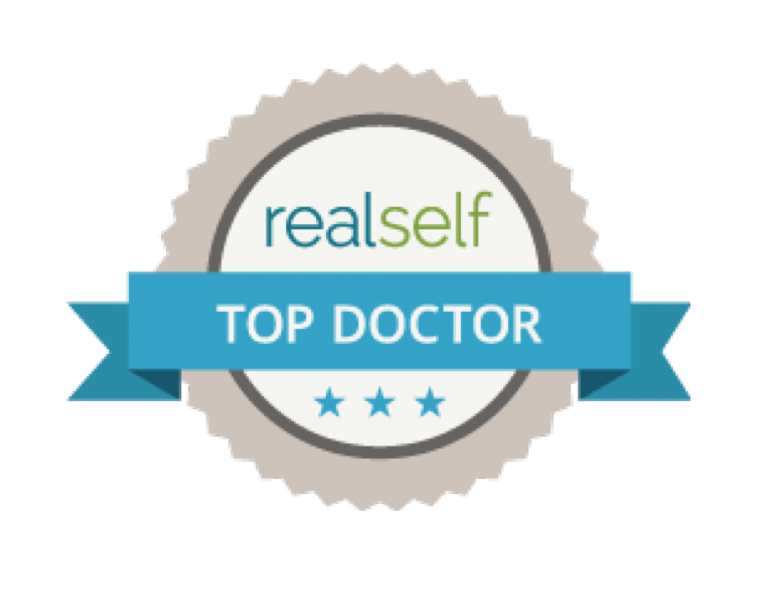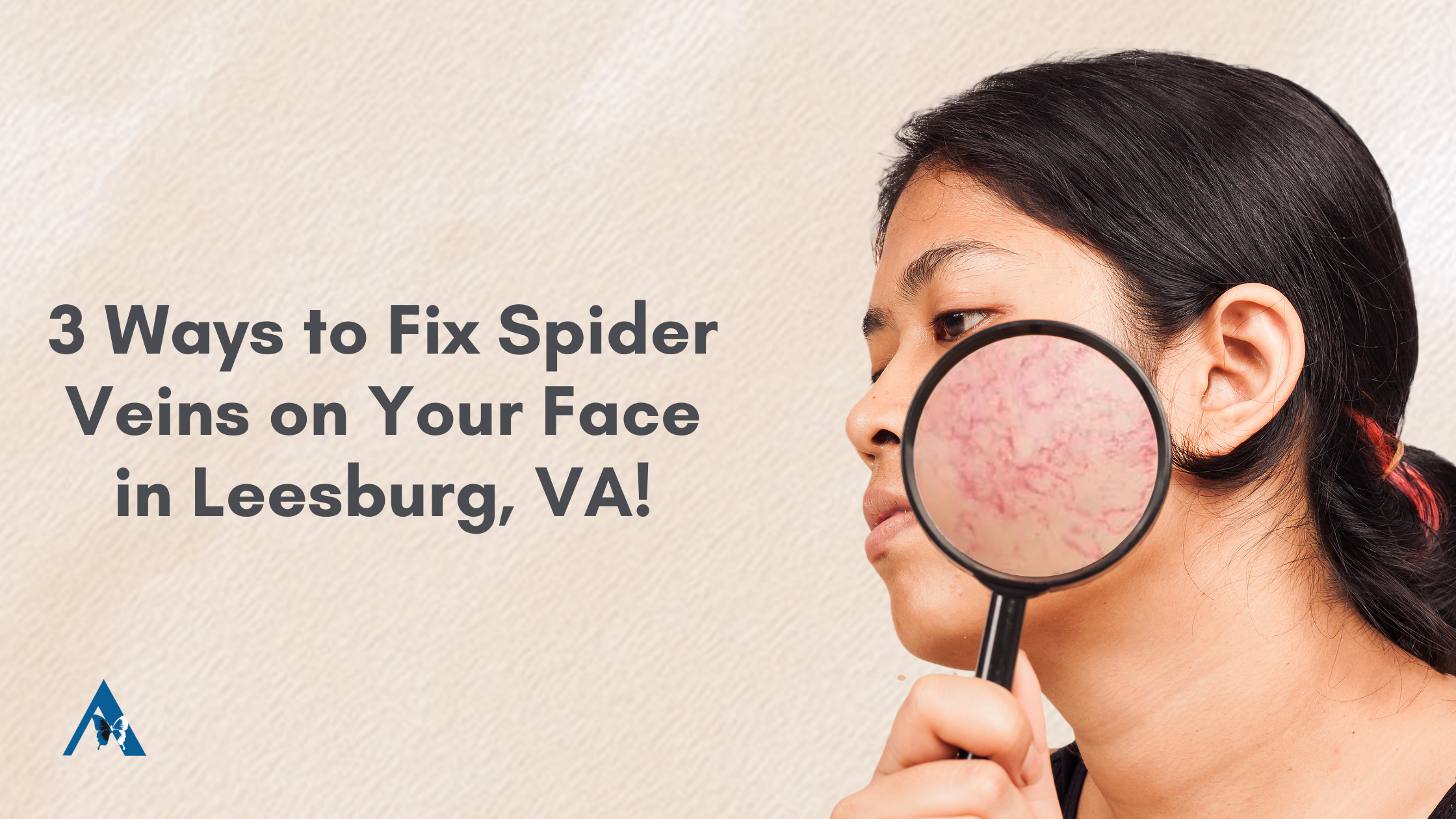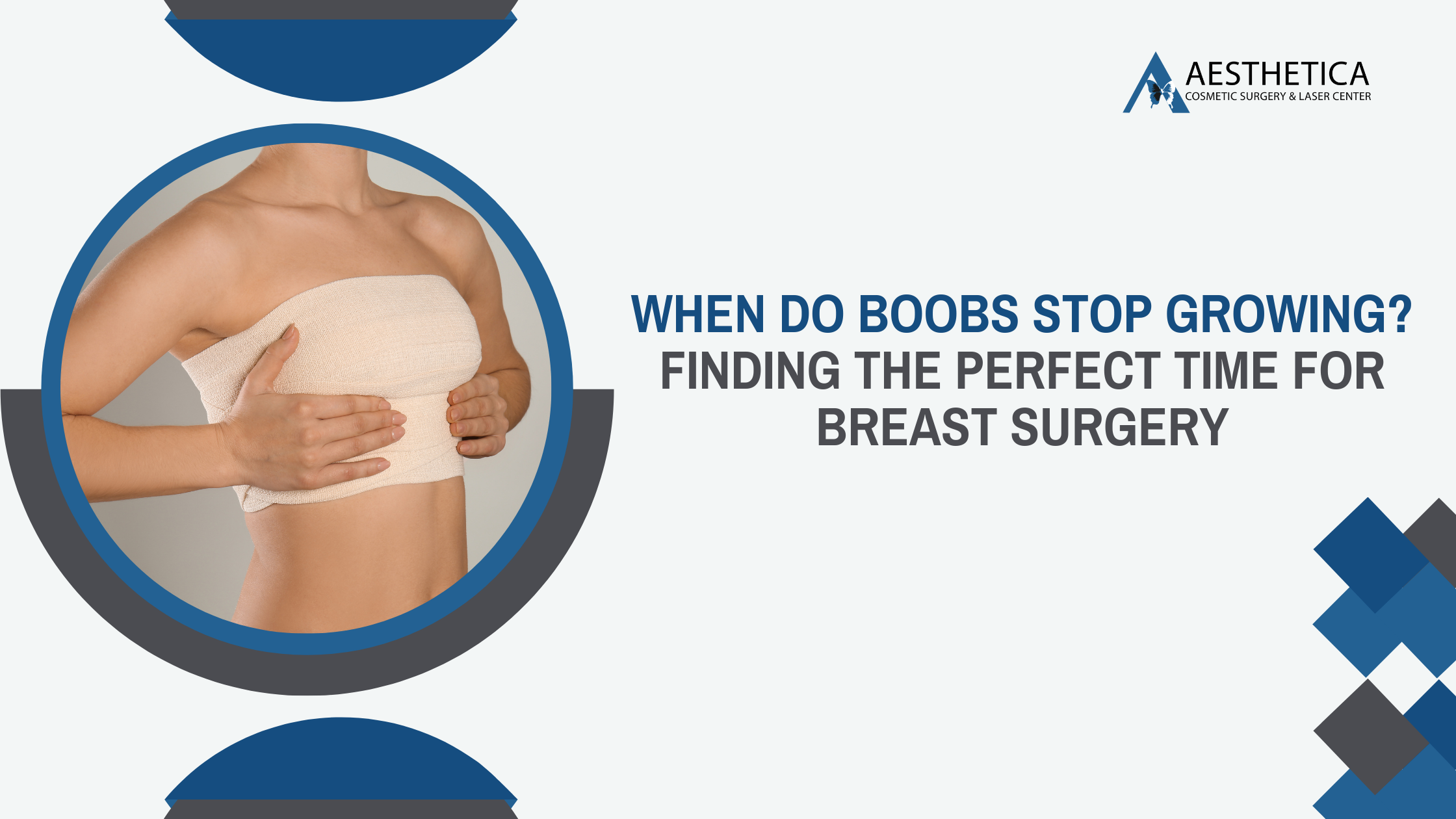Hormone Replacement Therapy: What You Need To Know6 min read

Aesthetica Editorial Team



Many women cringe when they hear “hormone replacement therapy.” Some women think it will cause blood clots or cancer in the body. Other women use it to recover from menopausal symptoms. If you’re considering hormone replacement therapy, here’s some helpful information to help you consider (with the help of your doctor!) what treatments will help you with your menopause symptoms.
What is Hormone Replacement Therapy?
Hormone replacement therapy (HRT) is usually used in women who are dealing with menopausal symptoms. During menopause, women often lose estrogen and bone density. Doctors often prescribe hormones such as estrogen and progesterone to balance hormone production. The hormones are typically administered through pills, skin patches, creams, or sprays.
What Does Hormone Therapy Treat?
Estrogen and progesterone work together in the female reproductive system. As a woman goes through menopause, her body reduces and eventually stops producing eggs. When this happens, estrogen levels drop and create uncomfortable symptoms in the body. Some of these symptoms include:
- Hot flashes
- Mood swings
- Vaginal dryness
- Painful intercourse
- Irregular periods
- Insomnia
- Difficulty concentrating
- High blood pressure
- High cholesterol
- And other symptoms…
Hormone replacement therapy can help relieve these symptoms in women. Because menopause is also linked to osteoporosis, many doctors prescribe hormone therapy to help protect against bone loss.

Hormone Therapy Side Effects
Any medical treatment carries a list of potential side effects. Ultimately, it’s up to you (with the help of your doctor) to determine whether or not a treatment like HRT is right for you. According to The Mayo Clinic, research has linked HRT – specifically the pill Prempro – to heart disease, stroke, blood clots, and breast cancer.
Other studies have indicated that these risks vary with the age of the woman receiving treatment. The risks also vary with whether or not estrogen is administered alone or with progestin, family medical history, and patient risk of heart disease and cancer.
A 2002 study published by the National Institutes of Health, recommended the estrogen and progestin NOT be administered to healthy post-menopausal women as a precaution against chronic diseases like osteoporosis.
“There is more potential for harm than good in healthy postmenopausal women taking a combination of estrogen and progesterone to prevent chronic disease,” the study concluded.
Who Should Use Hormone Therapy?
While HRT does include some serious risks, the Mayo Clinic maintains that the benefits outweigh the risks for many women – especially those experiencing moderate to severe menopause symptoms like
- Moderate to severe hot flashes
- Lost bone mass (without the ability to tolerate other treatments)
- Lost periods before 40 or lost ovary function before 40
Who Should Not Use Hormone Therapy?
After talking with your doctor, you may decide hormone replacement therapy isn’t right for you. This is especially true if you currently have or have had:
- Any type of cancer
- Stroke or blood clots
- Vaginal bleeding
- Any chance you may be pregnant
Make sure you discuss your medical history with your doctor so they can help you decide on the right therapy.

Synthetic (Equine-Based) Hormones
Many HRT’s available today are synthetic hormones. These are laboratory-created hormones that involve a mix of human estrone and equine estrone. They were developed to imitate the job of human hormones.
But some doubt synthetic hormones’ ability to meet expectations since they aren’t naturally derived. Patients have experienced harmful cardiovascular side effects from using synthetic hormones. Synthetic hormone replacements can cause deep-vein thrombosis, weakened bones, and vaginal bleeding.
Bioidentical Hormones
Are Bioidentical Hormones FDA Approved?
Bioidentical Hormone Therapy Pellets
Your doctor will help you decide on the right hormone replacement therapy that best works for you. Before placing you on an HRT, the doctor will run some tests to determine your current hormone levels. They may recommend bioidentical hormone therapy pellets.
These pellets are no larger than a pea. They work slowly in a time-released fashion to give you relief from menopausal symptoms. The doctor places the pellet under your skin and it releases during the day.
The pellets work to relieve hot flashes, insomnia, headaches, and more. Since it takes time for the body to adjust to the therapy, most women will notice that it takes about 3-5 weeks for the therapy to take full effect.
As with any therapy, it’s important to talk to your doctor. But for many women, bioidentical hormone therapy pellets can help restore balance in the body and improve wellness.
Bioidentical Safer Than Synthetic?
While many claim that bioidentical hormones are safer than synthetic hormones, some members of the medical community have expressed doubt. When asked whether bioidentical hormones are safer or more effective than hormones used in traditional therapy, Dr. Shannon K. Laughlin-Tommaso gave a clear: “No, they aren’t.”
“Some women may benefit from nonstandard doses and forms of hormones in compounded bioidentical hormone preparations,” she said. “But there’s currently no scientific support for an advantage of these compounds over common commercially produced preparations.”

Which Hormone Replacement Therapy Is Right For You?
Only you and your doctor can make the right decision about your therapy. Just know that there are many choices out there. It’s important to consider both the benefits and the side effects before you choose.
You can also talk to your doctor about other alternatives to HRT. Make sure you ask questions about the duration of the HRT, side effects, and your medical history.
Join our newsletter
Did you find this information helpful or interesting, and want to hear more? Join our newsletter email list so you can get more helpful information from Aesthetica!
To find out more whether Aesthetica can help you, contact us online or at 703-729-5553 to arrange an appointment. Dr. Phillip Chang is a board-certified plastic surgeon in Northern Virginia near Leesburg, Virginia and an expert in a wide variety of cosmetic treatments.
What You Get
Innovations in cosmetic surgery, coupons and specials and invitations to our free seminars
Sign Up For Our Newsletter
More Articles For You

3 Ways to Fix Spider Veins on Your Face in Leesburg, VA!
Spider veins, those small, web-like networks of blood vessels that can appear on your face,

What’s a Unit of BOTOX Anyway? | Aesthetica GoToBeauty
Have you ever heard about BOTOX and wondered what it’s all about? It’s like the

When Do Boobs Stop Growing? Finding the Perfect Time for Breast Surgery
Ever wondered when your boobs finally decide to take a break from growing? Or you’re
Are Silicone Injections in Buttocks Safe?
In today’s world, where the aesthetic appeal of one’s body can often feel as though
